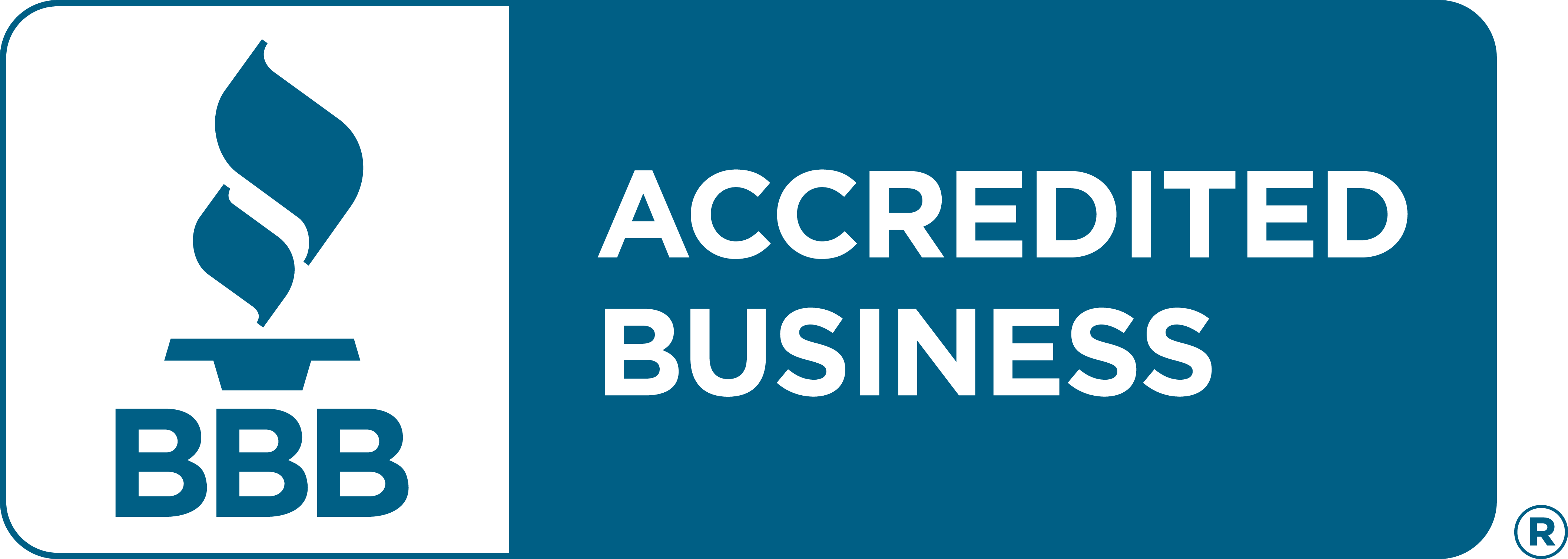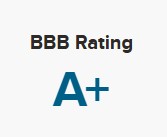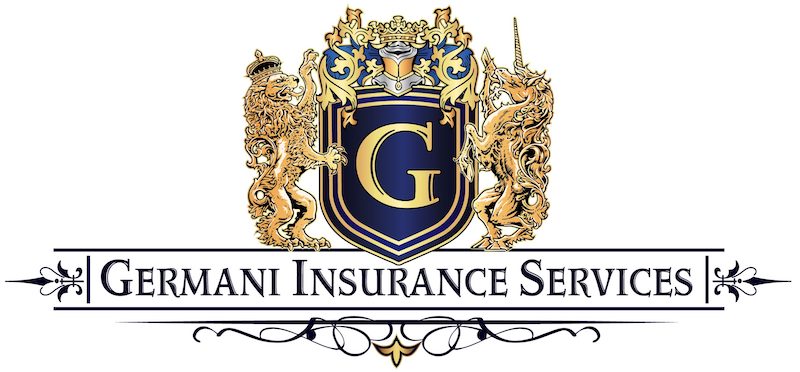-
Address: 3415 S Sepulveda Blvd 11th Floor Los Angeles, CA 90034
-
Phone: (310) 733-2390
-
Email: service@germaniinsurance.net
Although core compensation is the top-rated concern among employees, a comprehensive benefits package is often cited as the next most important factor when evaluating whether to stay at a company or switch jobs.

Many employers aim to offer benefits to their employees, but they may not know which benefits to choose. Factors such as budget, the number of employees, and similar considerations can play a role in the decision-making process. Employers can attract and retain quality employees and improve employee health and morale by building an attractive employee benefits package.
What Types of Benefits Do Employees Want?
Every company’s benefits package is different. However, there are some typical offerings employees may expect—and may be required for you to offer depending on the state in which your company operates. Here’s a list of four common types of employee benefits:
- Health insurance—Depending on the size of your company, you may be required by federal law to provide health insurance with minimum essential coverage to full-time or full-time equivalent employees. Beyond any federal or state requirements, employees expect their employer to provide health benefits as health care costs continue to skyrocket. Employers may pay all or part of the premiums for employee medical coverage, and employees may be responsible for a small percentage of the monthly cost.
- Life insurance—Some companies choose to offer group life insurance policies and accidental death and dismemberment (AD&D) insurance to employees at no cost to them. Life insurance benefits provide the employee’s family with monetary payments in the event of the employee’s death. AD&D insurance provides a lump sum payment if the death or dismemberment of the employee was caused by an accident.
- Disability insurance—Disability insurance, which can be short-term or long-term, is designed to cover expenses up to a certain amount when the employee is unable to work due to a severe injury or lengthy illness. Employers can choose to pay all, part, or none of the premiums of the group disability insurance.
- Retirement benefits—Retirement benefits provide employees with an income or pension later in life after they end their careers. There are two main types of retirement plans: defined benefit plans and defined contribution plans. A 401(k) plan is one of the most common types of retirement plans offered by employers. This type of retirement plan usually has a cash or deferred arrangement, meaning employees can choose to delay receiving a percentage of their salary before taxes.
Need Help Creating a Benefits Package?
When creating a benefits package, it is essential to keep in mind that budget restrictions may make it difficult to provide employees with every type of benefit. Germani Insurance Services is here to help companies of all sizes create benefits packages that work for them. Reach out to us today to find out how we can help you.


